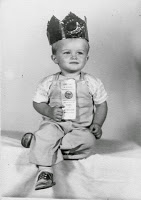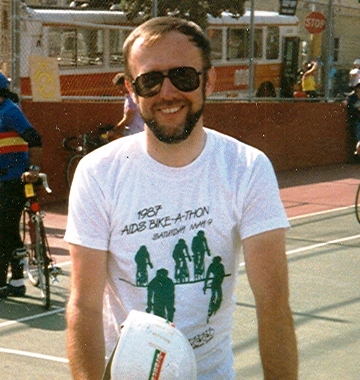am not a “competitive” person. When I
was a child, I enjoyed playing games where there was a winner and one or more
not the winners, but I didn’t care which category I was in ultimately. I just played any game for fun.
I was old enough to play Little League baseball, I was nearly competitive by
doing my best to help the team “win”.
But when we would not win, I did feel a bit down, if I had made mistakes
that contributed to our failing to win.
However, I did not castigate myself because I knew that in spite of
making (or not making) mistakes, I had done my best for the team and I knew not
winning did not reduce the amount of fun I experienced playing the game with
other boys.
playing a team game for fun still taught me sportsmanship, cooperation, working
together for a common goal, and helped to build my character. I did not need parents or coaches who
believed in “winning is everything” to motivate me. If they had, I am sure I would now have more
character flaws than positive attributes.
I never played on the school sports teams.
They were all about winning and I only liked to play for fun. The fact that I wasn’t all that good at any
of the sports also contributed to me not even trying out for a team. I did play friendly team games during PE
class. Besides the seasonal games of
softball, flag football, basketball we would also play other games for a week
or two. One of my most memorable games
was badminton.
PE teachers decided to set up two badminton courts/nets inside one half of our
gym. They then organized the girls and
boys into teams of two players and held a tournament. Eventually, the boys’ champions played the
girls’ champions.
teammate, Ray Hoff, was one of my two friends in high school. We first met in 6th grade and
continued as friends throughout our school years. Winning was nice but we played for fun. We would constantly talk to each other during
the game, giving encouragement, criticizing our play, and telling jokes all
while batting the shuttlecock over the net.
Sometimes we were laughing so hard that the other team would score. In the end, we were the boys’ champions and
got to play the girls’ championship team for our class period. Ray and I continued our antics and had lots
of fun. The girls would often laugh with
us. Ultimately, the girls won with 4
sets to 3 but those 7-games took two class periods to play. I don’t think anyone else ever watched our
games against the girls. The other boys
were busy playing basketball and I don’t know what the other girls were
doing. All I know is that Ray and I had
tons of fun playing a non-macho game.
the years following high school, I still would rather play a game rather than
watch one. To me, just sitting watching
a baseball, football, or basketball game is rather boring and many people take
those games way too seriously and kill all the fun. Even when I play a board game like Risk or
Monopoly, I play for fun. When it
becomes evident that another player is getting too emotional and is too
personally involved in the game, it kills the fun of playing and I’m ready to
stop.
have given up watching team sports that are not sports anymore. They have become big business and I find no
fun in business.
Lawndale and then in Redondo Beach. Just
prior to turning 8 years old in 1956, I began living with my grandparents on
their farm in Isanti County, Minnesota for two years during which time my
parents divorced.
in 1958, I lived first at Emerald Bay and then at South Lake Tahoe, California,
graduating from South Tahoe High School in 1966. After three tours of duty with the Air Force,
I moved to Denver, Colorado where I lived with my wife and four children until
her passing away from complications of breast cancer four days after the 9-11-2001
terrorist attack.
therapeutic.




